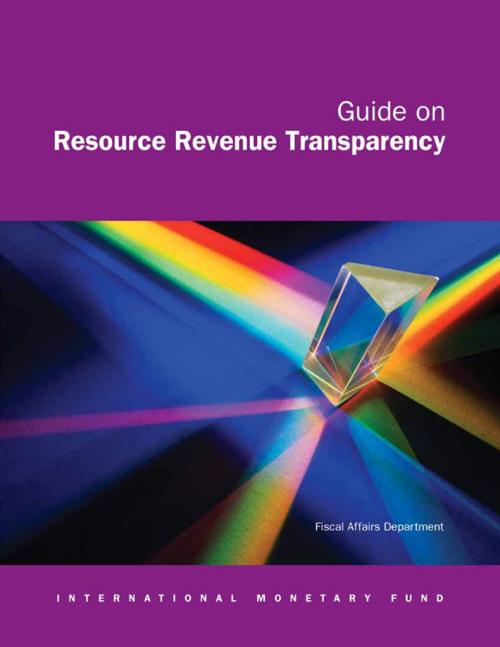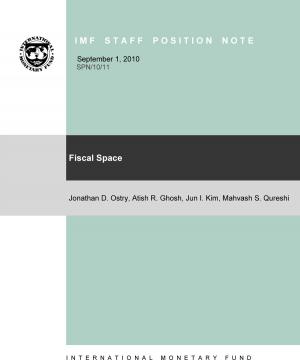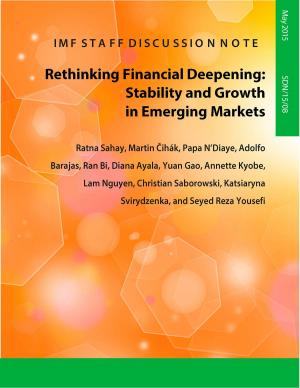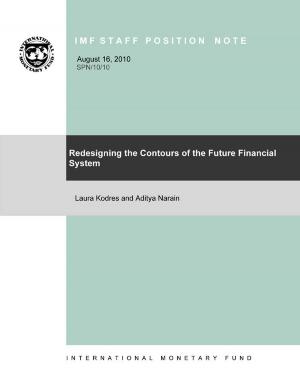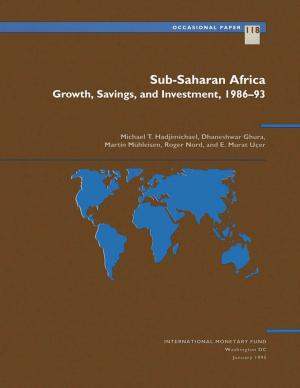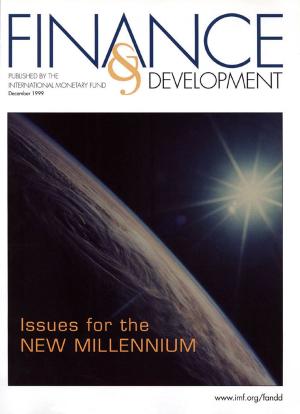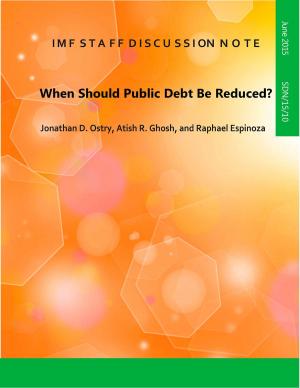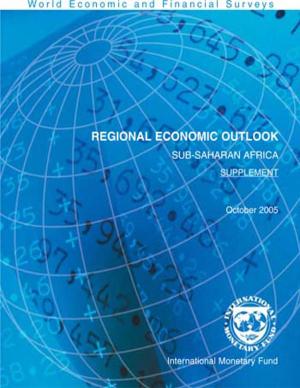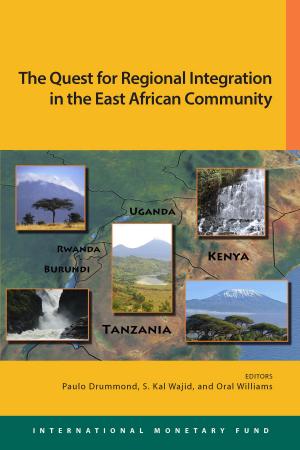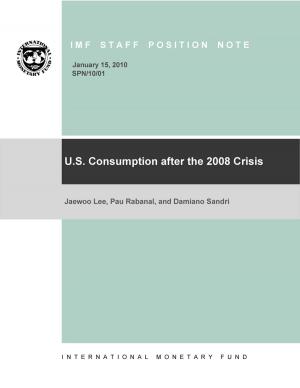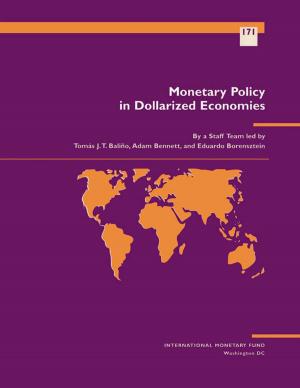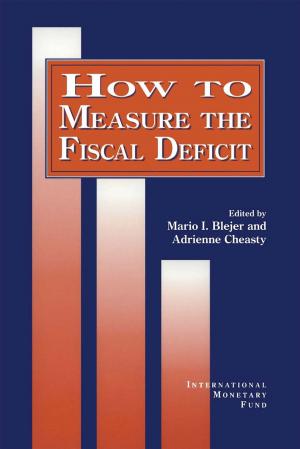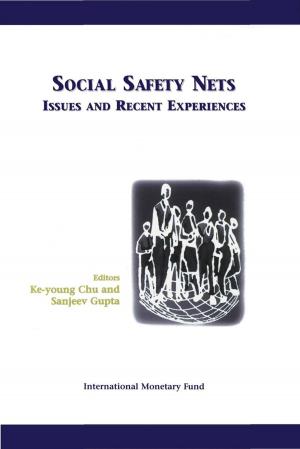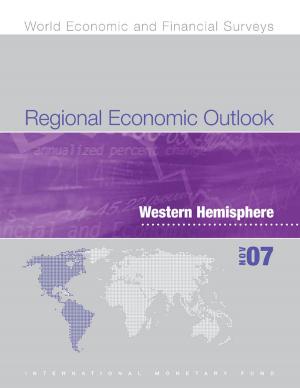Guide on Resource Revenue Transparency (2007)
Business & Finance, Economics, Statistics, Public Finance, Finance & Investing, Finance| Author: | International Monetary Fund | ISBN: | 9781452769523 |
| Publisher: | INTERNATIONAL MONETARY FUND | Publication: | October 19, 2007 |
| Imprint: | INTERNATIONAL MONETARY FUND | Language: | English |
| Author: | International Monetary Fund |
| ISBN: | 9781452769523 |
| Publisher: | INTERNATIONAL MONETARY FUND |
| Publication: | October 19, 2007 |
| Imprint: | INTERNATIONAL MONETARY FUND |
| Language: | English |
The Guide on Resource Revenue Transparency applies the principles of the revised IMF Code of Good Practices on Fiscal Transparency (‘the Code’) to the unique set of transparency problems faced by countries that derive a significant share of their revenues from natural resources and need to address complex and volatile transaction flows. The Guide identifies and explains generally recognized good or best practices for transparency of resource revenue management. It supplements the IMF Manual on Fiscal Transparency. The Guide has been revised to reflect the new Code and to provide more recent examples of good practice by individual countries. It is designed to give a framework for assessing resource-specific issues within broader fiscal transparency assessments (including so-called ‘fiscal ROSCs’). The Guide has been used by the governments and legislatures of resource-rich countries, civil societies, providers of technical support, and interested academics and observers.
The Guide on Resource Revenue Transparency applies the principles of the revised IMF Code of Good Practices on Fiscal Transparency (‘the Code’) to the unique set of transparency problems faced by countries that derive a significant share of their revenues from natural resources and need to address complex and volatile transaction flows. The Guide identifies and explains generally recognized good or best practices for transparency of resource revenue management. It supplements the IMF Manual on Fiscal Transparency. The Guide has been revised to reflect the new Code and to provide more recent examples of good practice by individual countries. It is designed to give a framework for assessing resource-specific issues within broader fiscal transparency assessments (including so-called ‘fiscal ROSCs’). The Guide has been used by the governments and legislatures of resource-rich countries, civil societies, providers of technical support, and interested academics and observers.
